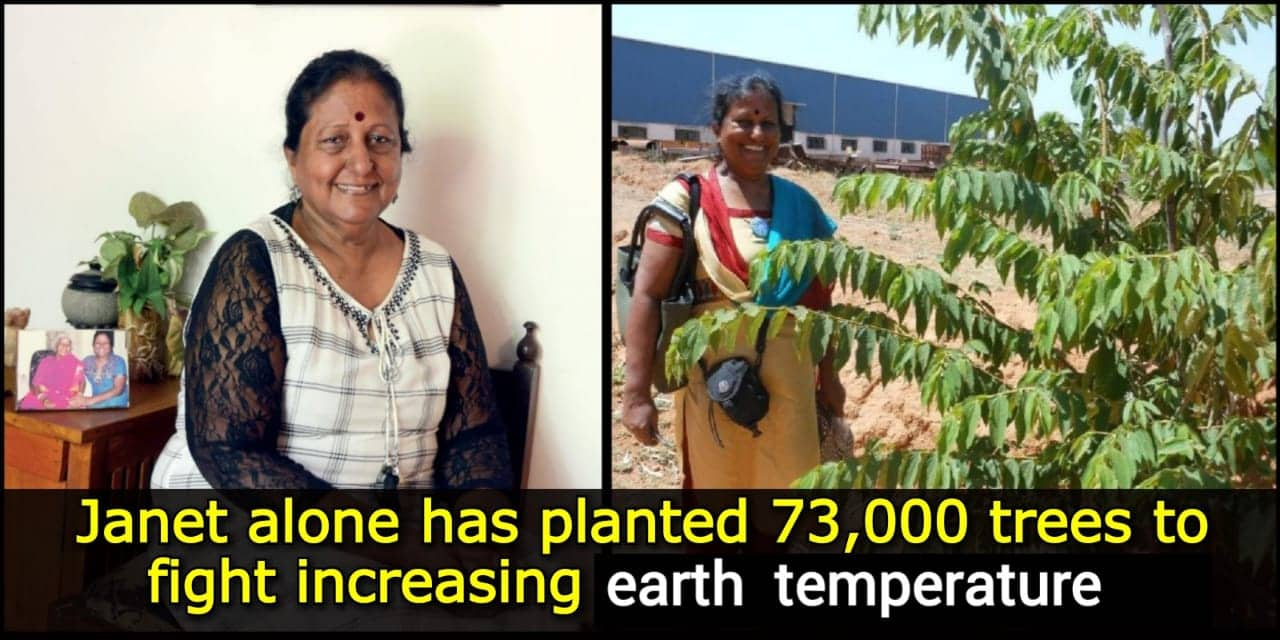No products in the cart.
34yr old Indian engineer does ‘land-less’ farming, earns ₹2 crore per year
Hydroponics is a method for growing crops without soil where water serves as the substrate for growing the plants with the addition of fertilizers to supply th plants’ essential nutrients and promote its commercial success.
A big thanks to Sriram Gopal who earns up to 2 Crore per annum by doing hydroponic farming. Sriram Gopal is the founder and chief executive officer of Future Farms, India’s largest vertical farming and hydroponics company.
Hailing from Chennai, Sriram has been making all efforts to grow crops without soil. As you enter the greenhouse located on the rooftop of a two-storey building in Chennai, you will be surprised to see green plants growing out of pipes filled with just water – and no soil.
The 34-year-old Gopal is an electronics and communications engineer who did his MBA from Glasgow Caledonian University, specializing in marketing and strategy. Coming from a business family, Gopal believes that businesses must not only offer quality products but also create a positive impact on society. He believes India needs better solutions to feed future citizens and is motivated to solve this challenge through the use of technology.
Hydroponics farming is considered the best farming as compared to traditional farming since it reportedly consumes about 90 per cent less water, requires no pesticides, and provides better yield.
A report by Transparency Market Research estimates that “the global hydroponics market is likely to be worth US$ 12,106.5 million by the end of 2025 from US$ 6,934.6 million in 2016.”
Sriram and his father started to work on hydroponics at a rundown factory during weekends and discovered that most of the components needed for hydroponics weren’t available in India. “When I tried to buy it from outside the country I was told that there was a minimum order quantity in order to transport it. They didn’t have India even in their five-year plan, so I decided to become a local distributor myself,” he said.
After a lot of travel and learning, Sriram decided to set up Future Farms, “We started as a trading company and then I realised that there a lot of others who are interested. So I decided that instead of looking for MBA graduates I would just look for people who are genuinely interested in the idea. Within two years, we had 13 young employees from varied backgrounds, Amazon, motorsport engineer, electrical engineer, biotechnology, design, marketing and others. But what was great about them was there wasn’t pay involved and they didn’t ask for one.”
Sriram made up his mind that he wouldn’t change his decision if hydroponics fails because it would be a distraction. He knew he might fail, but he wanted to fail in grand style. He made no promises there were no great expectations, he just wanted to enjoy the journey more than the destination. “We either make it or we fail, no other option,” Sriram said.
And things seemed to have worked out pretty great because four years later, the company is making 300 percent year on profit, “We have managed to develop a standardised rooftop design concept after a lot of hard work. It is very safe and efficient, The cost of technology was high but we managed to drop costs by 30-40 percent and managed to create 100 percent indigenous platforms for hydroponics in India,” he added.
For Sriram, the toughest part about running a startup is getting bullied by bigger companies that are waiting to exploit smaller ones, “We decided early on that we deserve to get paid for our services. I remember this one time, a big conglomerate was fussing about giving us 30 lacs for a project. Finally, after a lot of meetings, they told us we should consider the project an opportunity, I disagreed and said we would need the money upfront. He then asked me to take a loan and I said no bank would be willing to give a loan to a small company. So he mocked me saying, why should my company even exist if we can’t even get a small loan. Initially, I was taken aback but then I told him why a company like his with a turnover of 5000 crores be in business when they cry over giving such a small sum of money to a small company.”
Every day has been a struggle for this start-up but they are taking all the risks and are breaking barriers. They have no choice but to succeed, after all, they have no plan B. Sriram has achieved the pinnacle of success with sheer passion and hard work.








